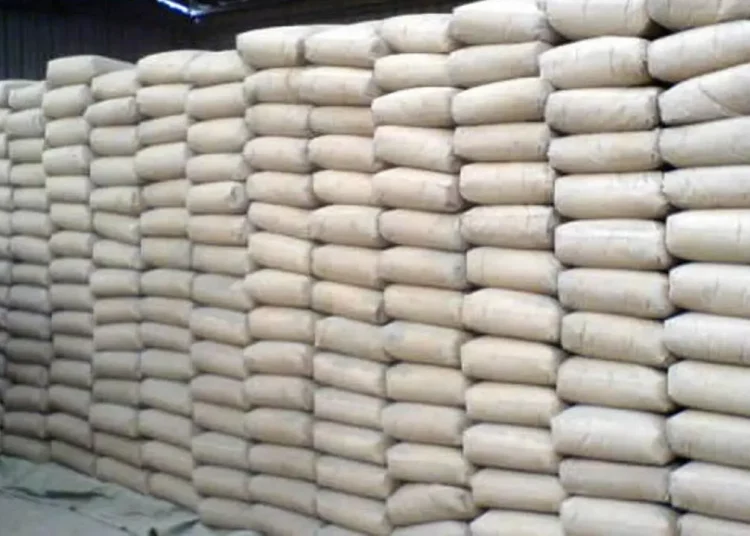The House of Representatives Joint Committee investigating the hike in cement prices in Nigeria has again raised concerns over the comparatively high cost of cement, noting a 69 per cent difference compared to prices in India.
The Representatives therefore issued a 14-day ultimatum to Dangote Cement, Bua Cement, Lafarge Cement, Ashaka Cement and Eagle Cement to appear before its joint committee and make brief on the arbitrary rise in the price of cement across the country.
The Chairman, House Committee on Solid Minerals, Jonathan Gaza Gbefwi, issued the summon at a public hearing to investigate the Arbitrary Increase in the price of cement in Nigeria by cement manufacturers, organised by House Joint Committees on Commerce, Industry, Special Duties and Solid Minerals in Abuja on Tuesday.
Gaza Gbefwi, also expressed dismay at the disparity in prices when compared to other African nations such as Kenya and Zambia, while highlighting an analysis of cement prices in 2021 which revealed Nigeria’s cement price as the highest among most countries studied.
“Nigeria’s price of cement doubles that of India at a difference of 69 per cent, similarly the price is 29% higher than that in Kenya and 39 per cent higher in Zambia. Hence the need for us to come together and find out why. To bring succour to our citizens while protecting investors alike”, he said.
Cement Price: Dangote, BUA, Others Given 14-day Ultimatum To Appear Before Reps Panel
“A review of cement prices in other countries like Kenya, India and Zambia for 2021 alone showed that Nigeria had the highest price of cement using the official exchange rates for each country” he added
The House had moved a motion on the “arbitrary increase in the price of cement by cement manufacturers in Nigeria”, and constituted the Joint Committee to investigate the matter.
But at the investigative hearing, five cement manufacturers in Nigeria including Dangote Cement, Bua Cement, Lafarge Cement, Asaka Cement and Eagle Cement failed to appear and did not send any representative to brief the lawmakers.
Ruling on the matter, Hon. Gbefwi warned that the House of Representatives and the National Assembly was not in receipt of any court order restraining it from inviting anybody so those summoned must appear.
“In the human nature of the House, because we owe them a duty of care, because they are equally Nigerians we are giving them 14 days in which to make their submissions if not, as we have sworn to uphold the Constitution we will use everything within our powers to make sure that Nigerians, number one: are not taken for granted and number two are not exploited.
“We will not sit back while some companies declare billions in naira and dollars and our people can barely afford to get a decent roof over their heads.We saw in Lagos where you have Nigerians under the bridge and paying rent. Why? If these products were available, I do not believe we’d have to go to those lengths. Moreover, God has blessed us with these resources in abundance.
“So, as it is the resolution of this joint committee, we are giving them 14 days from now, and not 14 working days, 14 effective days to make sure that they make their submissions and appear before this House,” he said.
While declaring the investigative hearing open, Deputy Speaker of the House, Hon. Benjamin Kalu said the persistent increase in cement prices has had detrimental effects on the ‘built environment’ and Nigeria at large, which is evident in a huge housing deficit presently in Nigeria.
He said: “We are committed to collaborating with both cement manufacturers and end-users, believing this is the most effective way to improve the quality of life and standard of living for our citizens. We are also dedicated to enacting laws that prevent a recurrence of the factors that led to the current situation.
“Our goal is to inform Nigerians about the industry’s current state and collaboratively find solutions to navigate the challenges. The persistent rise in cement prices has had a detrimental impact not only on the built environment but also on the entire economy. Cement is a fundamental component used in construction projects like bridges, dams, houses, waterworks, and road infrastructure. This makes addressing this issue paramount.”





